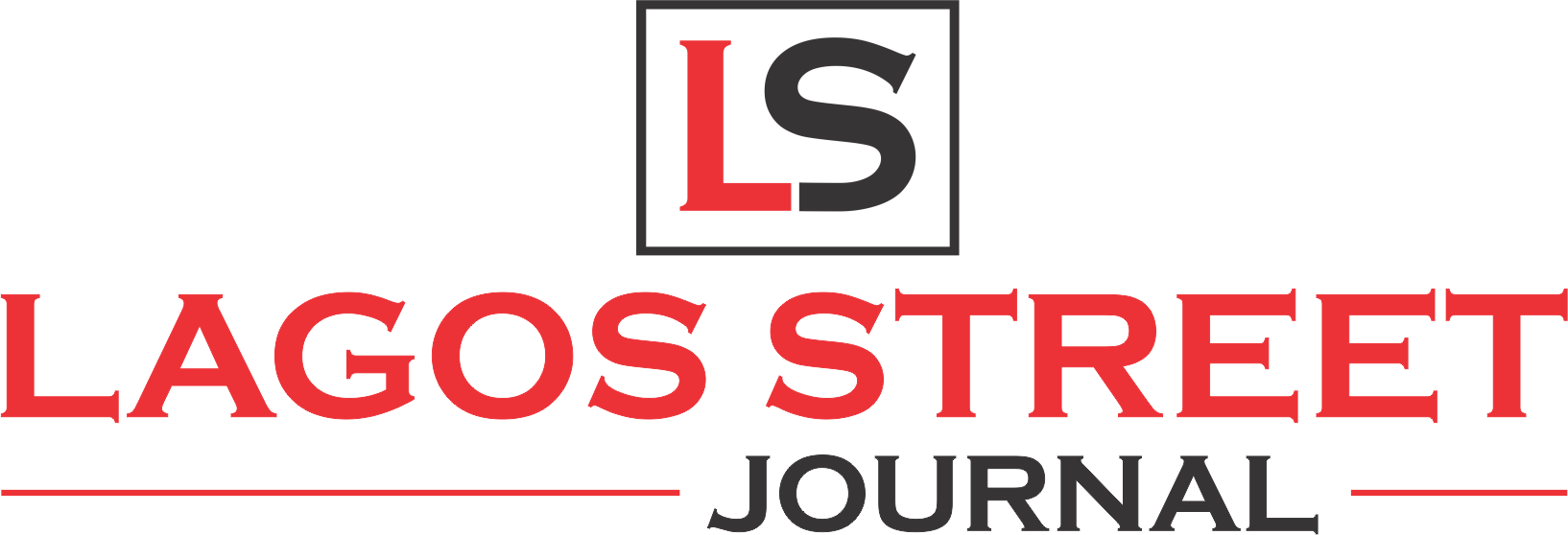CBN warns micro-finance banks to desist from wholesale banking


By Rasaq Adebayo
The Central Bank of Nigeria (CBN) has warned micro-finance banks to desist from operations that are beyond their operational limit or face severe sanctions, including losing their operational licenses.
The apex bank specifically warned micro-finance banks to steer clear of wholesale banking and foreign exchange transactions.
The CBN, in a circular sent to all microfinance banks across the country with number: FPRD/DIR/PUB/CIR/01/020 and signed by Ibrahim Tukur, a senior official at the Financial Policy and Regulatory Department, stressed that the apex bank would not hesitate to enforce regulatory sanctions on micro-finance banks who breached of its extant regulations.
The apex bank in the circular said,” Given the comparatively low capitalization of MFBs, dealing in wholesale and or foreign exchange transactions are a significant risk with dire consequences for financial stability,”
“It has therefore become imperative to remind all MFBs to strictly comply with the extant revised regulatory and supervisory guidelines for microfinance banks in Nigeria 2012.”
The CBN stressed that micro-finance banks were prohibited from foreign exchange transactions and must focus on providing financial services to retail and micro-clients.
The apex bank also noted that micro-credit and retail transactions carried out by MFBs were limited to N500,000 per transaction for Tier 2 Unit MFB and N1,000,000 for other categories.
According to the circular, the apex bank emphasised that micro-credit facilities should constitute a minimum of 80 per cent of total loans for MFBs.
In 2020, the CBN liquidated 42 microfinance banks in the country and subsequently revoked their operational licences, citing regulatory infractions as the main reason.
According to data from the CBN, there were over 900 microfinance banks in the country with state, regional, and national licenses.
According to research, micro-finance bank loans had had a stimulating or expansionary effect on real gross domestic product in Nigeria over the years.
This is traceable to the fact that micro-finance banks give soft loans to productive and promising micro, small and medium scale enterprises that were key players driving economic growth.
Micro-finance banks in Nigeria recorded an 82 pee cent boost in lending from N300.2 billion in 2019 to N546.6 billion in 2020.
This is according to the latest data from the National Bureau of Statistics.
As of 2018, total micro-finance loans to the private sector was just N250 billion. This has now doubled in two years due to improved technology, easier processing of loans, better loan recovery methods, increased competition, and a growing class of employees with an appetite for short-term credit.
Former deputy governor of the Central Bank of Nigeria Kingsley Moghalu said there was a need for a strong, reliable and viable banking system where the bulk of the depositors’ funds available to any bank were protected.
He identified fostering a strong, safe, stable and reliable banking system as the primary and implicit objective of the banking regulation and supervision.











